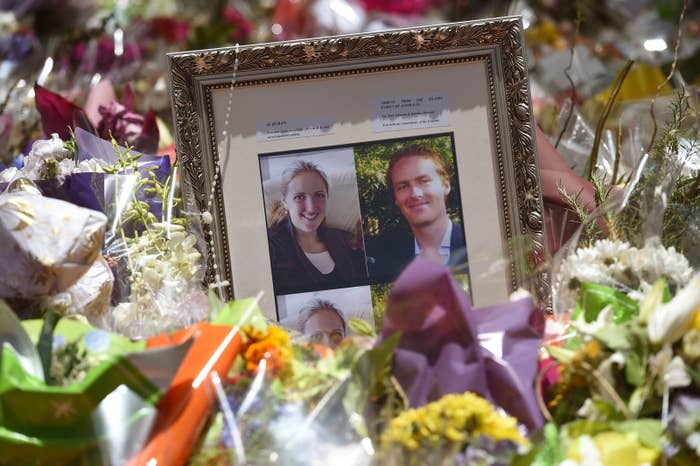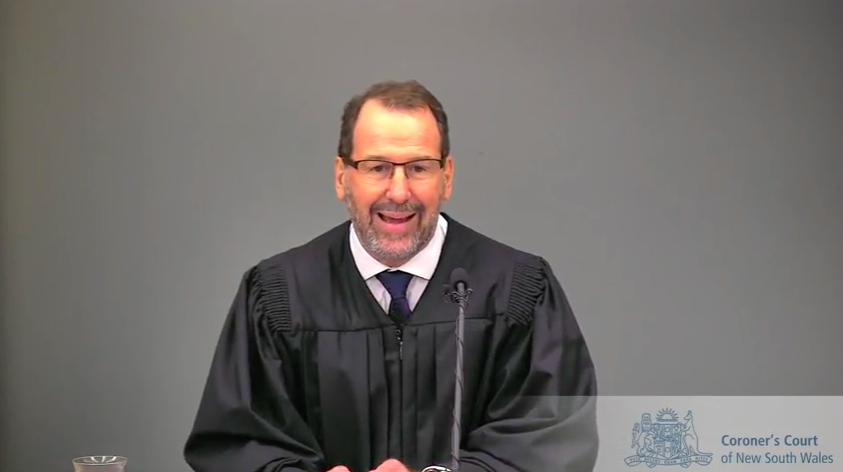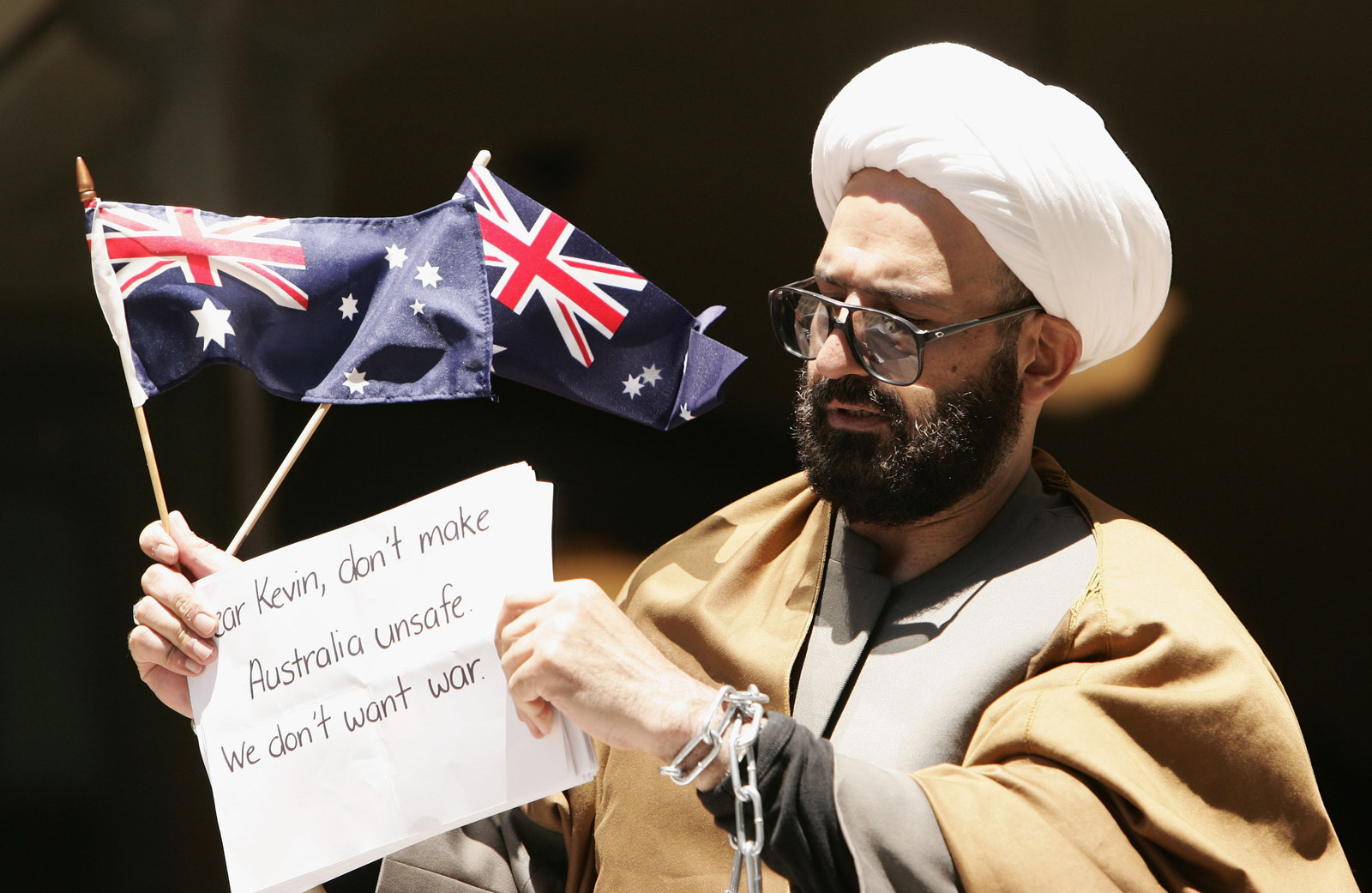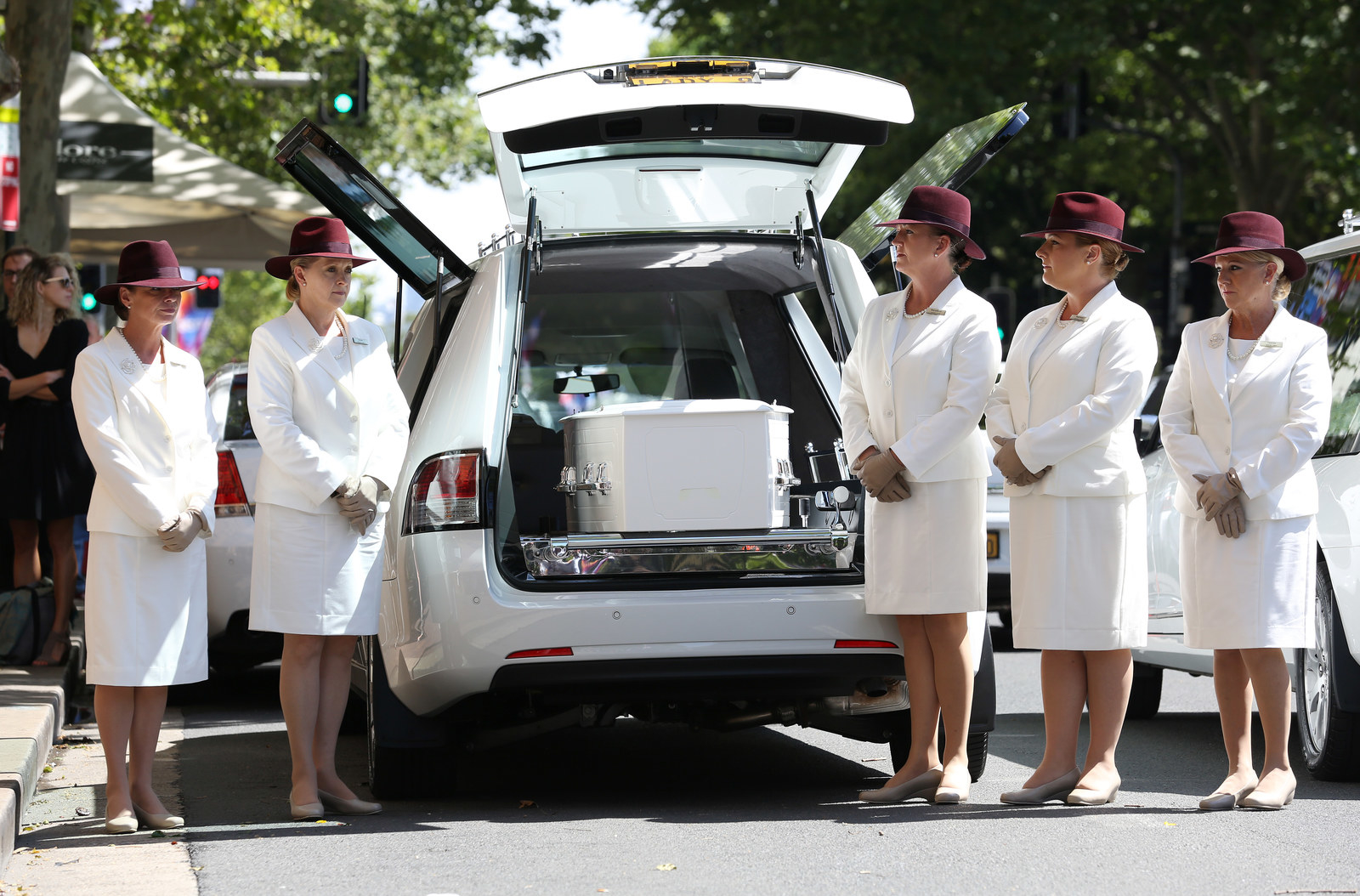Three people died in December 2014 during a 17 hour siege at the Lindt Cafe in Martin Place, a bustling public thoroughfare in the heart of Sydney's CBD: the manager, Tori Johnson, barrister and mother-of-three Katrina Dawson, and the gunman Man Haron Monis.

Monis walked into the cafe with a sawn-off 12 gauge shotgun and held 10 customers and eight employees hostage before executing Johnson, after which police officers stormed the cafe.
Dawson was struck by fragments of police bullets and later died. Monis was also killed in the firefight.
Today, NSW coroner Michael Barnes delivered the findings of the 109 day inquest in which 123 witnesses testified, including police officers, the surviving hostages, and tactical operations officers.
Here are some of the most crucial elements of the findings, as summarised by Barnes on Wednesday morning:

Negotiators in the siege missed multiple calls from hostages because they were involved in a handover meeting.

Barnes said that at around 12:30am on the night of the siege hostages made four calls over a 30 minute period to a number they had been told would connect them with a negotiator.
The calls went unanswered because negotiators were involved in a "handover briefing".
"This was a significant failure in a basic component of siege management: the maintenance of open communication between hostages and negotiators," Barnes said.
Monis should not have been out on bail.

At the time of the siege, Monis was on bail despite being charged with being an accessory to murder, as well as facing charges of 43 counts of sexual and indecent assault.
Barnes said police made a mistake when they did not arrest Monis on new sex offences two months before the siege.
The Office of the Director of Public Prosecutions (ODPP) and the police did not know these new sex offences had been committed while Monis was on bail for other offences in which he sent letters to the families of dead Australian soldiers.
Barnes said the prosecutor's handling of Monis' bail was inadequate.
"That ODPP solicitor erroneously advised the court that Monis did not have to show exceptional circumstances before he could be granted bail on the murder charges," Barnes said.
The lawyer should have filed written submissions opposing bail, he said.
The deaths were not the fault of the police.

"The deaths and injuries that occurred as a result of the siege were not the fault of the police," Barnes emphasised on Wednesday morning.
All of the blame for the deaths rested on Monis, who deserved to be the "sole focus" of "denunciation and condemnation," he said.
"He created the intensely dangerous situation, he maliciously executed Tori Johnson, he barricaded himself in a corner of the cafe, and his actions forced police to enter the cafe in circumstances where the risk of hostages being wounded or killed was very high."
But Barnes said the 10 minutes that elapsed between Monis' first shot at 2:03am and when the officers stormed the cafe was "too long".
The participation of a consultant psychiatrist on the night was “suboptimal”.

“He gave ambiguous advice about the nature of Monis’ behaviour and he was permitted to go beyond his area of expertise to give advice about Islamic terrorism.”
The families of hostages weren't given information quickly enough.

"Katrina and Tori's families were treated insensitively in some respects and confirmation of their loved ones' deaths was unduly delayed," Barnes found.
"The hostages' families were given infrequent and inadequate briefings."
